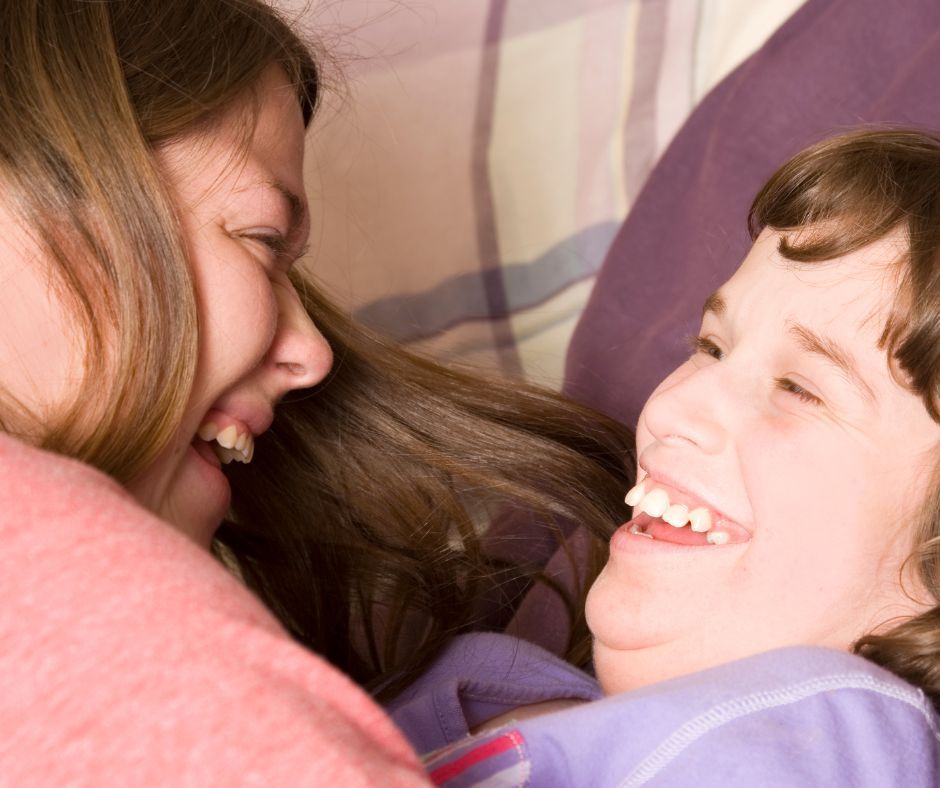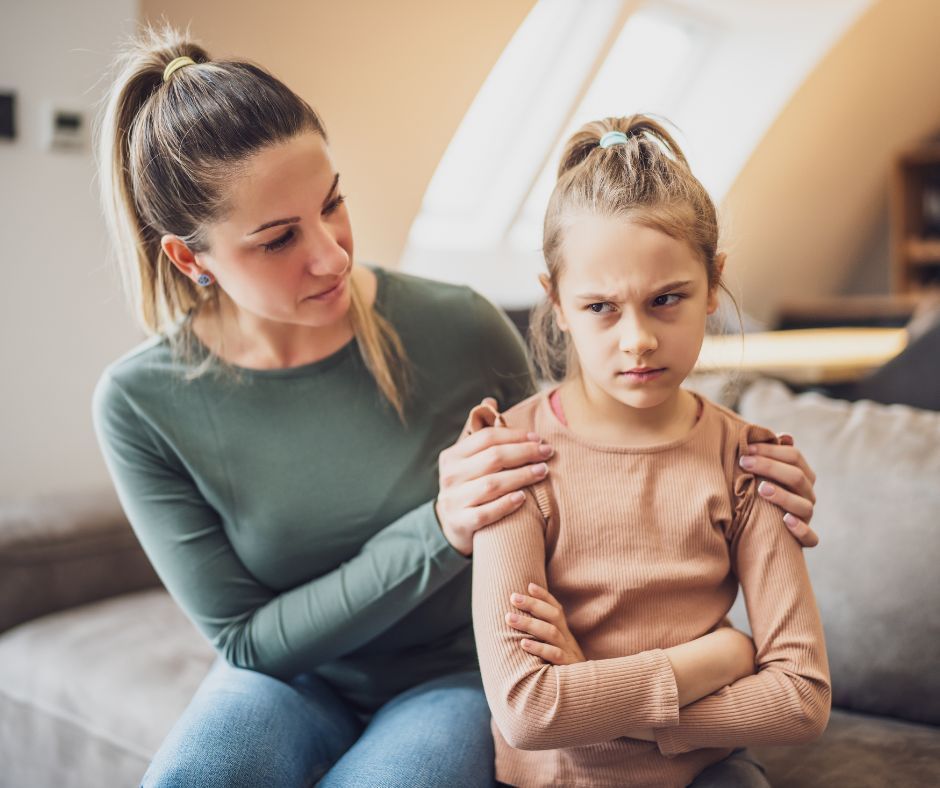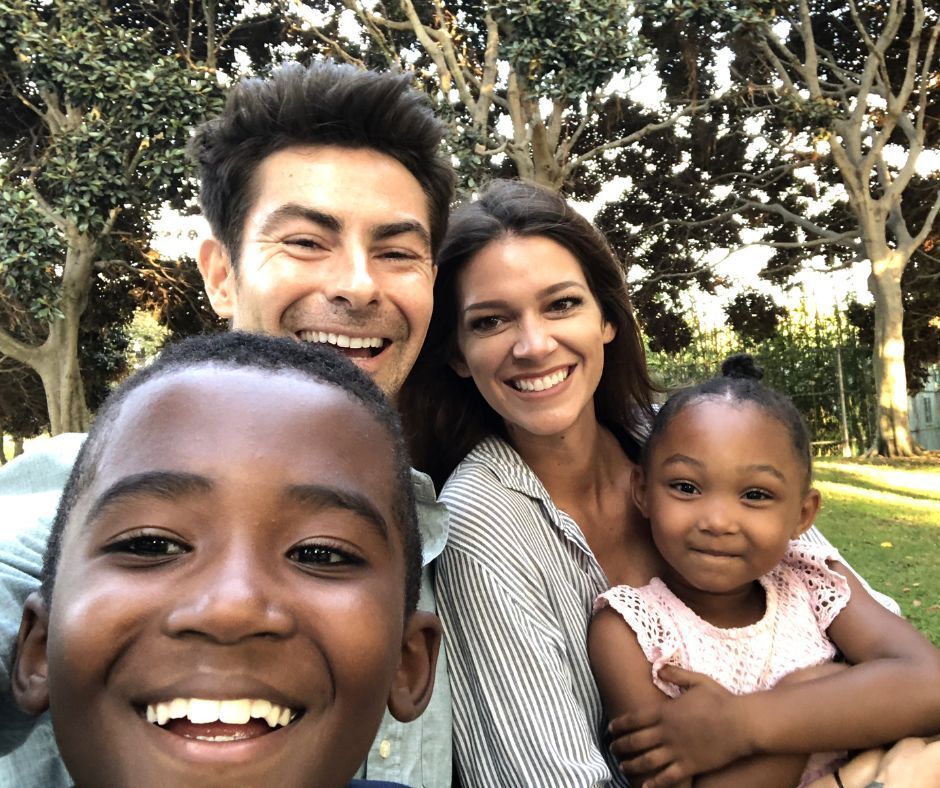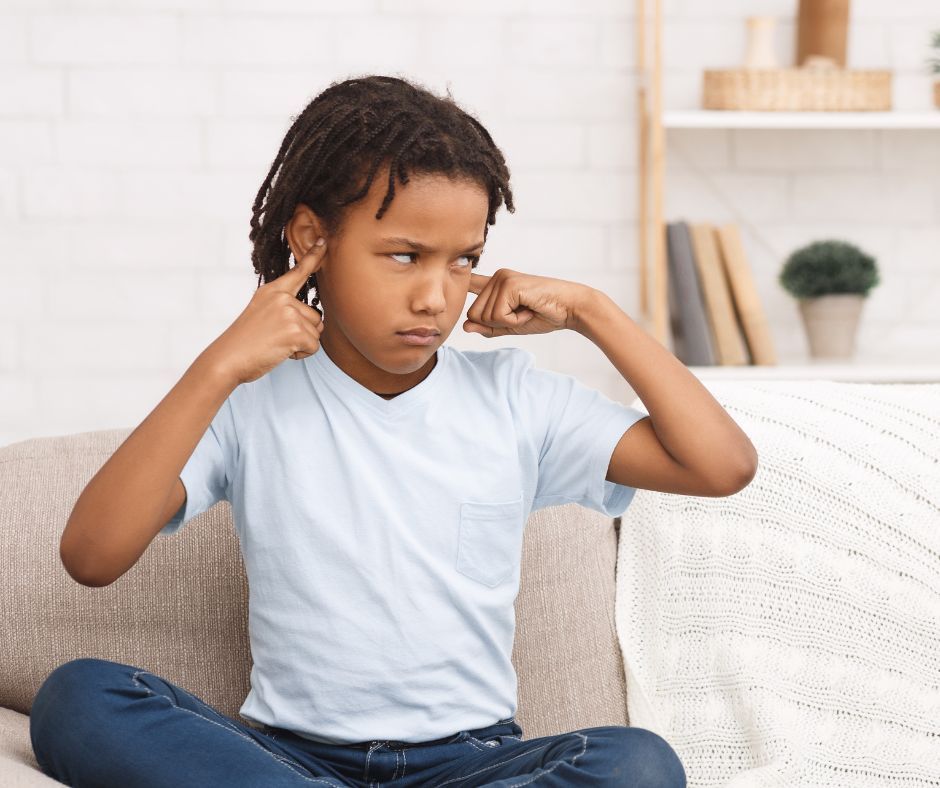Help Your Child Recognize or Find Safe Spaces
Setting boundaries in the right way and at the right time is a very sophisticated skill. I don’t expect any child or teen to do it very well, but we at least want them to start to recognize when it is necessary. We can help our kids pay attention to the friends that make them feel better about themselves. We can point out that every time they spend time with next-door Joey, they get in trouble. We can demonstrate safe boundaries and talk through them with our kids. We can point out the times and spaces where kids are the most regulated and enjoyable. We can create opportunities for more spaces like these for our kids. This process will take time, years actually. It can’t be rushed, and it can’t be learned with lectures. We have to understand what a healthy relationship looks like and be able to participate in that relationship in order to move toward healthy boundary setting.




